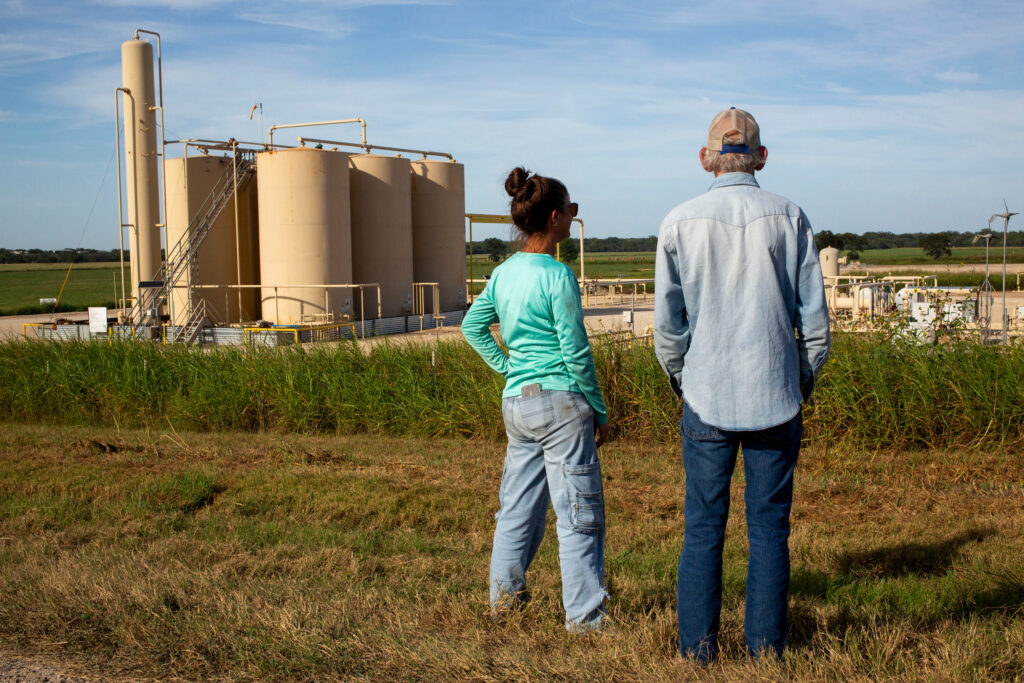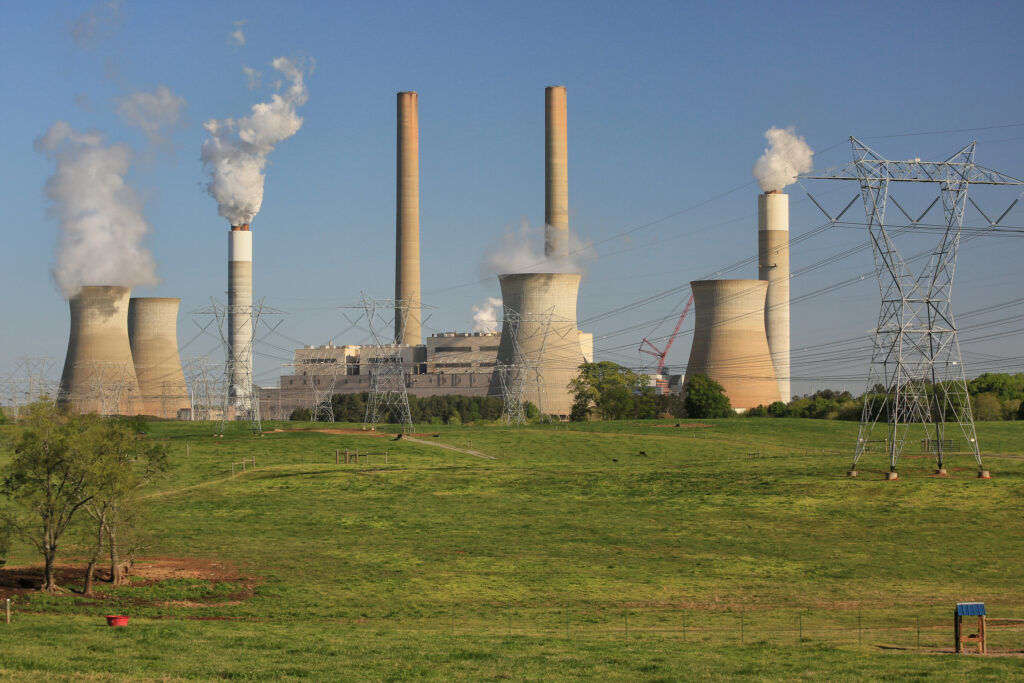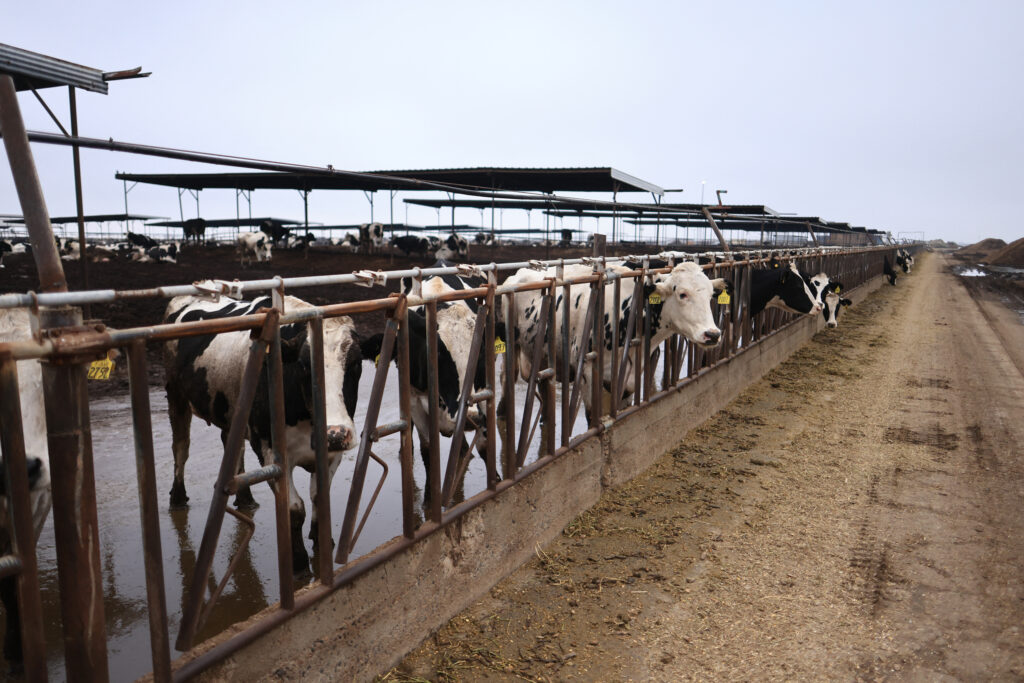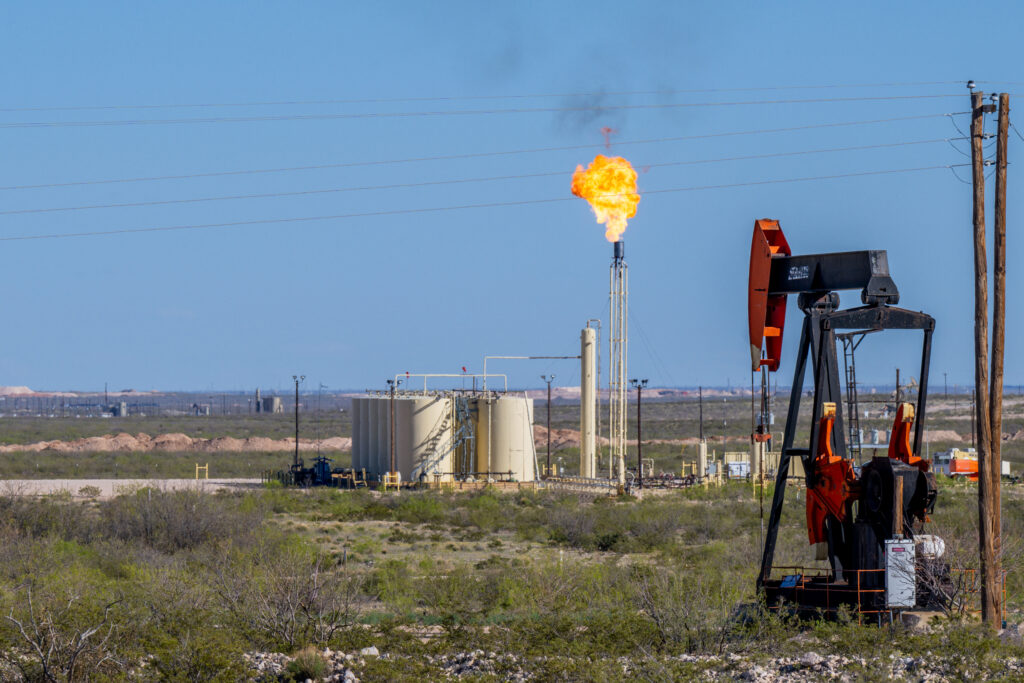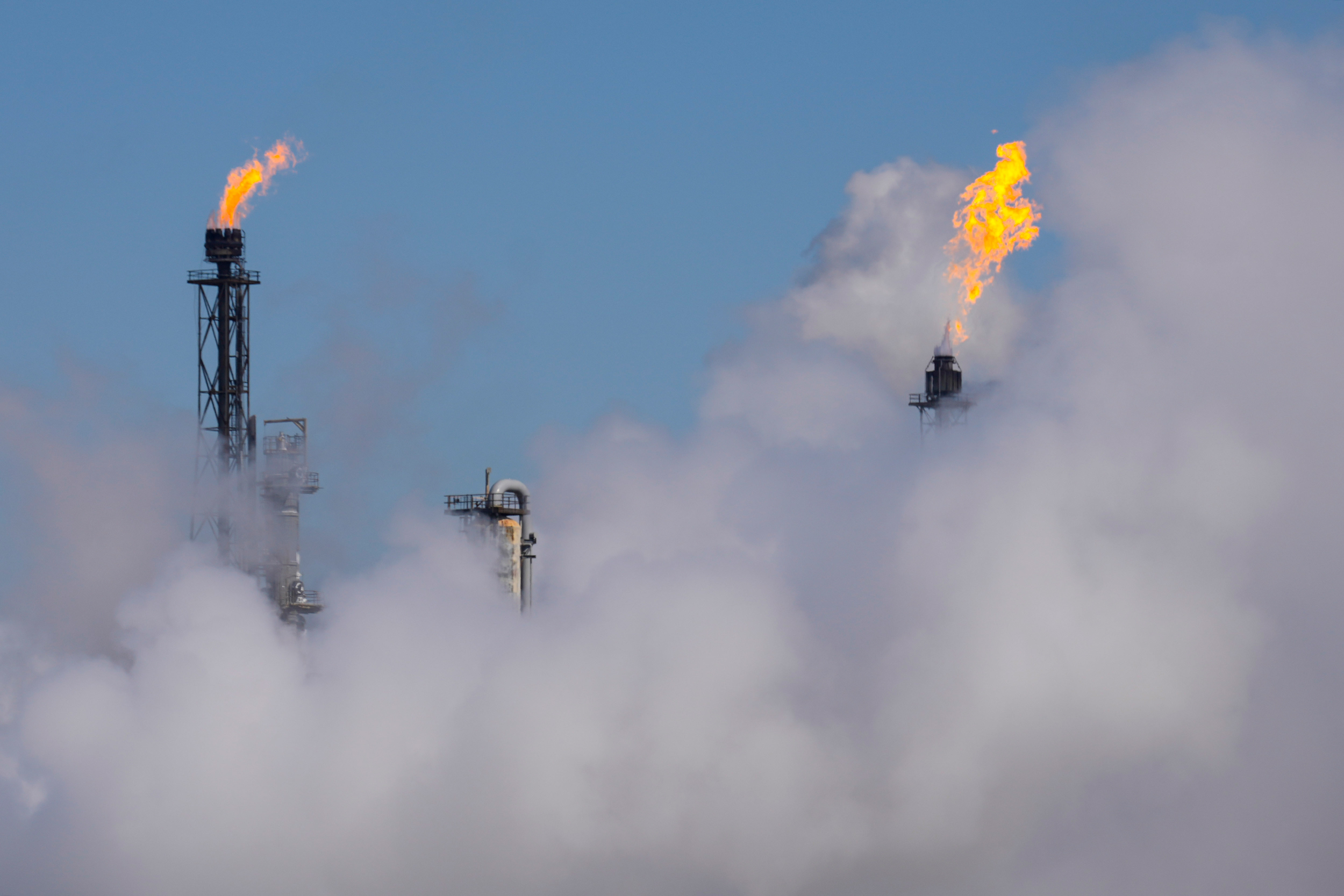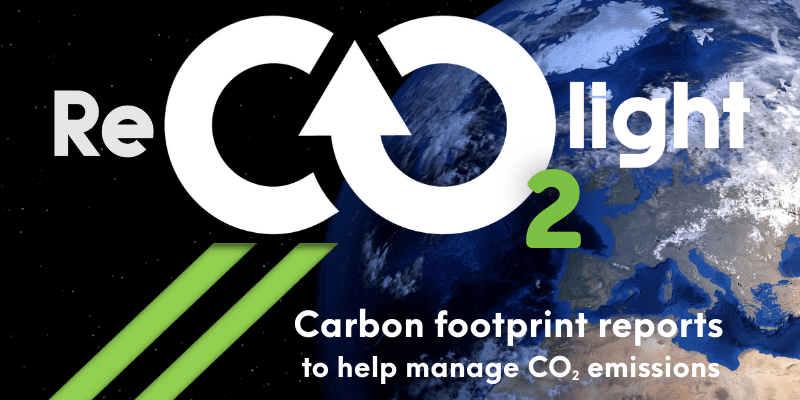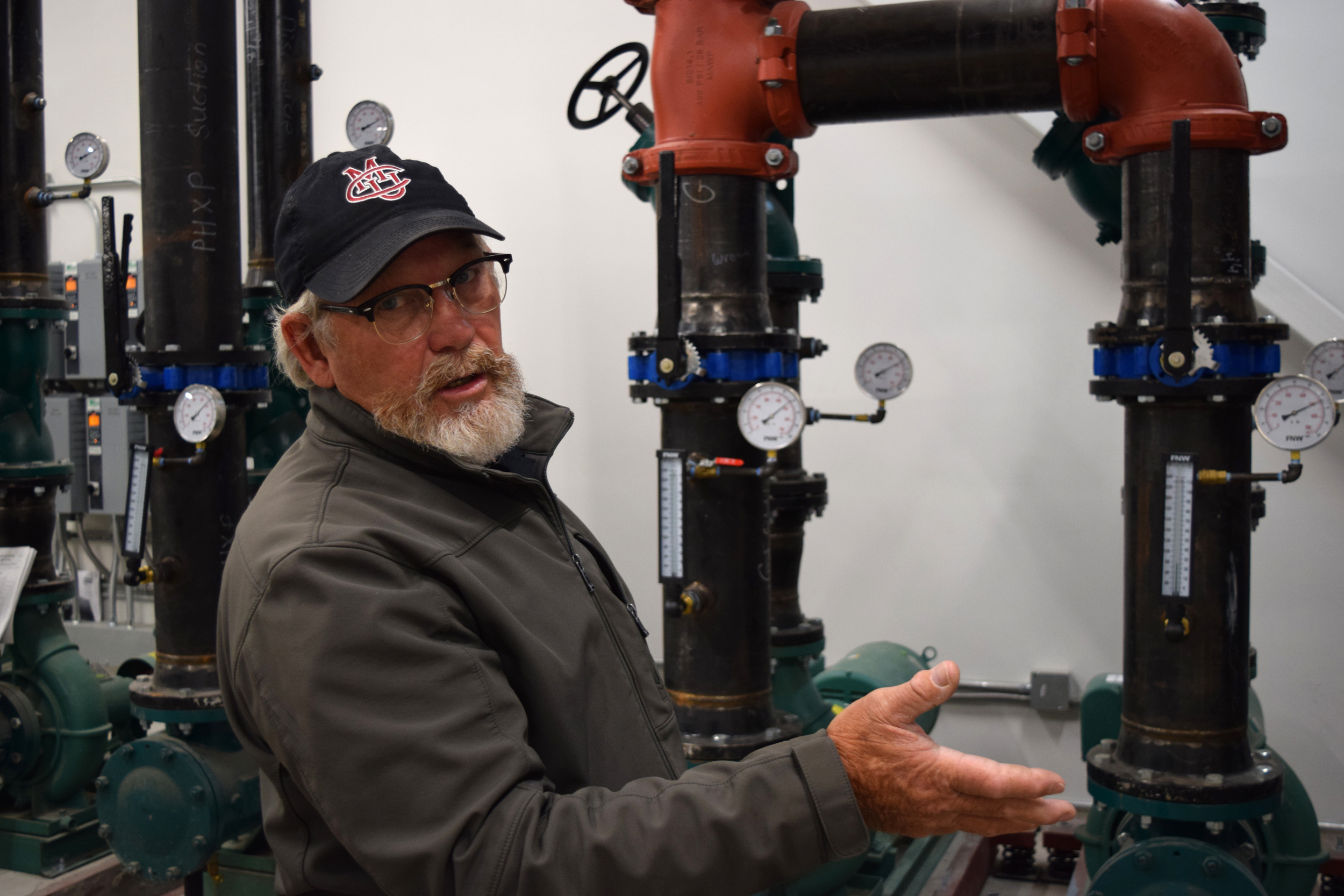A bill in the Texas Legislature would require oil and gas drillers to notify landowners before burying toxic waste on their property.
In addition, House Bill 4572 would strengthen other regulations for reserve pits, where oil and gas companies permanently bury waste next to drilling sites. The Texas House Energy Resources Committee heard testimony on the bill Monday. The bill builds on a rule-making the Railroad Commission of Texas, which regulates the oil and gas industry, completed late last year to update the state’s oilfield waste regulations.
State Rep. Penny Morales Shaw, who filed the bill, said it would introduce “safeguards” for the state’s groundwater and property owners. Landowners, advocates and an oilfield waste professional spoke in favor of the bill this week at the state capitol. A representative of the Permian Basin Petroleum Association spoke in opposition to the bill.
We’re hiring!
Please take a look at the new openings in our newsroom.
See jobs
“Ranch owners can pour their life savings into their dream homestead, only later to find out that they bought a toxic waste reserve,” said Morales Shaw, a Democrat who represents parts of Houston and northern Harris County. “This bill will afford landowners the opportunity to make an informed decision and to know when their interests are at risk.”
The waste streams from the oil and gas industry have evolved since the widespread adoption of fracking. Oil-based muds and lubricants are now used to frack wells. Waste from wells can be laced with carcinogens including benzene and arsenic.
The bill is now pending in the Energy Resources Committee and faces several hurdles to passage by the full House, if it is voted out of committee. A companion bill, Senate Bill 3017, was introduced by state Sen. José Menéndez, a Democrat from San Antonio. The Senate bill has not yet received a hearing. The clock is ticking to June 2, the last day of the Texas legislative session.
Bill Seeks “Balanced” Approach to Waste Pits
HB 4572 proposes new regulations for reserve pits, also referred to as Schedule A pits by the Railroad Commission. These earthen disposal pits are dug next to drilling rigs and are filled with oily waste, including mud and cuttings from the well. The pit is left open while the well is drilled. The waste is permanently buried underground once the well is complete.
The bill would require the Railroad Commission to adopt standards for where reserve pits can be located and establish bonding and groundwater monitoring rules. The bill would also require standards for “providing notice to and receiving permission from” a landowner to permanently bury waste.
Morales Shaw told the committee the bill “empowers landowners with the information and consent they deserve before toxic waste is buried beneath their property.”

She referenced hundreds of violations of water protection rules the Railroad Commission has issued at waste pits. She also circulated photos of pollution caused by reserve pits and cows wading through drilling mud in a pit. State Rep. R.D. “Bobby” Guerra, a Democrat from McAllen, called the images “appalling.”
“I have a ranch,” he said. “And I would be, excuse the expression, pissed off if I saw this kind of stuff going on on my place.”
“It’s full of chemicals and lubricants and fluids and different emulsifiers and whatnot,” said state Rep. Jon Rosenthal, a Democrat from northern Harris County. “It’s poison, it smells bad and it’s probably not good for cows.”
Texas revamped its oilfield waste rules last year for the first time since the 1980s. The updated rule on reserve pits, which goes into effect July 1, will require companies to register the location of these pits for the first time. The updated rule only requires reserve pits to be lined when groundwater is within 50 feet of the bottom of the pit. There is no groundwater monitoring required.
Hundreds of people submitted public comments about reserve pits during the rule-making, many of them asking the Railroad Commission to require landowner notification. However, the Railroad Commission did not include a landowner notification requirement in the final rule.
At the time, Commissioner Jim Wright’s spokesperson told Inside Climate News that it would be “up to the Texas Legislature” to determine how and whether landowners should be notified of pits on their property. Wright’s staff did not immediately comment on HB 4572.
Landowners Speak in Support
Public comments, both delivered in person and submitted in writing, largely supported the bill.
Comal County landowner Mark Friesenhahn, who spent his career in the oil and gas industry, said over time reserve pits have become larger and more toxic chemicals and additives have been used in drilling muds. Friesenhahn, who spoke in favor of the bill, said existing practices are “no longer practical given the toxicity and contamination concerns.”
This story is funded by readers like you.
Our nonprofit newsroom provides award-winning climate coverage free of charge and advertising. We rely on donations from readers like you to keep going. Please donate now to support our work.
Donate Now
Laura Briggs, whose family ranch is in Pecos County in the Permian Basin, submitted written comments. She wrote that where waste pits have been dug on their property“the land is dead ground that caves in, and belches half-buried black plastic.”
“Landowner consent does not have to be burdensome to be effective,” she wrote.
Commission Shift Action, the advocacy partner of the nonprofit organization Commission Shift, is also in support of the bill. Policy manager Julie Range said in an interview that expecting companies to be good stewards isn’t enough.
“If we want best practices to be followed we should put them into our statutes,” she said.
The sole public comment in opposition to the bill was registered by Michael Lozano on behalf of the Permian Basin Petroleum Association. Referencing the recent rule-making at the Railroad Commission, he recommended lawmakers wait for the updated rule to be rolled out July 1 before passing legislation regarding waste pits.
“What we’d like to see is how these new environmental protections … interact and engage with this,” he said.
Lozano said the cases pointed out during the hearing were examples of companies breaking the existing rules.
“Clearly there are problems that are happening,” he said. “I don’t think they’re indicative of every circumstance of these pits being built.”
The committee adjourned without voting on the bill.
About This Story
Perhaps you noticed: This story, like all the news we publish, is free to read. That’s because Inside Climate News is a 501c3 nonprofit organization. We do not charge a subscription fee, lock our news behind a paywall, or clutter our website with ads. We make our news on climate and the environment freely available to you and anyone who wants it.
That’s not all. We also share our news for free with scores of other media organizations around the country. Many of them can’t afford to do environmental journalism of their own. We’ve built bureaus from coast to coast to report local stories, collaborate with local newsrooms and co-publish articles so that this vital work is shared as widely as possible.
Two of us launched ICN in 2007. Six years later we earned a Pulitzer Prize for National Reporting, and now we run the oldest and largest dedicated climate newsroom in the nation. We tell the story in all its complexity. We hold polluters accountable. We expose environmental injustice. We debunk misinformation. We scrutinize solutions and inspire action.
Donations from readers like you fund every aspect of what we do. If you don’t already, will you support our ongoing work, our reporting on the biggest crisis facing our planet, and help us reach even more readers in more places?
Please take a moment to make a tax-deductible donation. Every one of them makes a difference.
Thank you,




